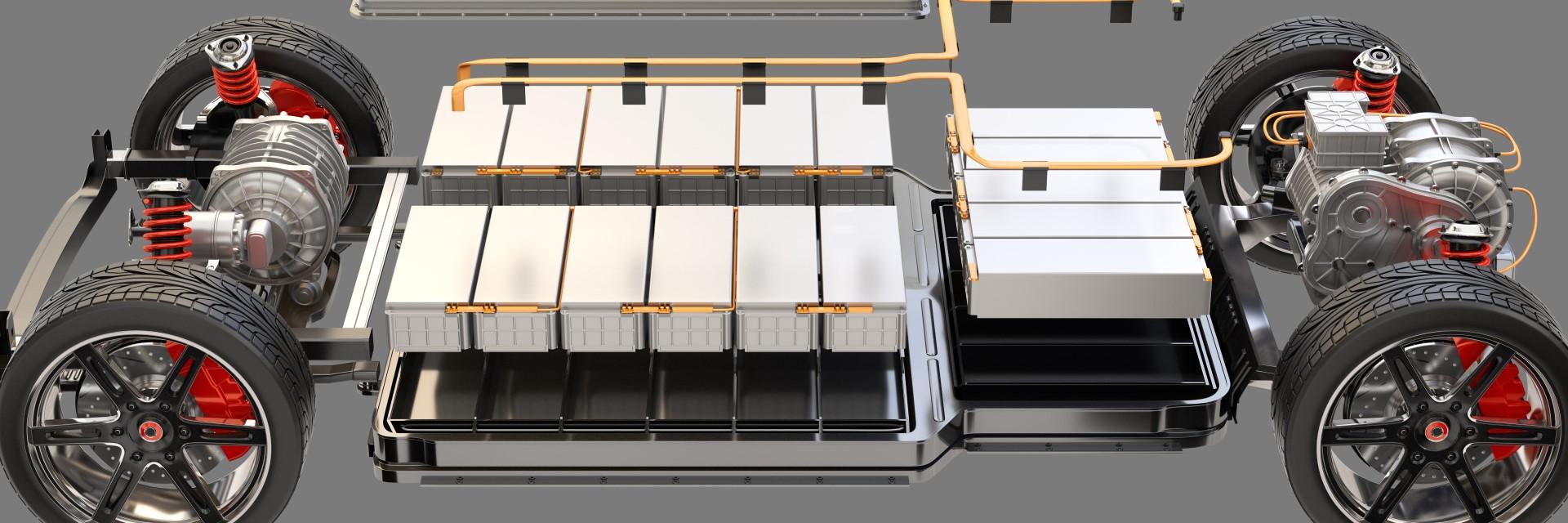Kinshasa, DRC, 20 June 2023 – The Economic Commission for Africa (ECA), in collaboration with the Ministry of Industry and the Congolese Battery Council, organized a workshop on "Financing needs and mechanisms of the Special Economic Zone (SEZ) of the battery in the Democratic Republic of Congo." The event, held from June 19 to 20, brought together 102 participants from public administrations, the private sector, and civil society.
The workshop aimed to address the needs and challenges of the SEZ for the private sector, negotiators, and Congolese entrepreneurs. Discussions focused on viable financial mechanisms from the financial sector, development partners, and institutional investors. Participants also explored opportunities to promote local content in the electric battery value chain and discussed conditions for appropriate financing.
The workshop began with an informative session on the creation of a battery value chain in the DRC. Mr. Romain Deniel, Director of ARISE IIP in the DRC, presented the stages of the SEZ's pre-feasibility study, while Mr. Jean-Marie Kanda, Administrator of the CCB, discussed the Center of Excellence for Advanced Research on Batteries (CAEB), which trains young Congolese individuals for the sector. Mr. Mastaki highlighted the ECA's advisory role and the support of African development banks in promoting the electric battery value chain.
A series of panels enriched the workshop. Moderated by Ms. Sonia Essobmadje, Chief of the Innovative Financing and Capital Markets Section of the ECA, the first panel discussed the role of development agencies and public enterprises in industrialization. Mr. Guy-Robert Lukama, Chairman of the Board of Directors of Gécamines, stressed the importance of leveraging the DRC's resources to accelerate the country's industrialization, despite the development of alternative solutions that consume less cobalt and manganese. Mr. Tosi Mpanu-Mpanu of the General Cobalt Company (EGC) highlighted efforts to address the reputational challenges associated with artisanal production due to traceability difficulties in informal activities.
The second panel discussed the issues and challenges of bank financing, with representatives from the Congolese financial sector acknowledging its contribution to battery financing. The third panel highlighted the need to promote the development of the Congolese private sector, with a focus on vocational training, energy, infrastructure, and improved governance to attract new investors. Mr. Michel Kahasha, CEO of Dellions, stressed the importance of creating a favorable ecosystem for SMEs to access financing and equipment, and Mr. Evariste Katanga, Chair of the Board of Directors of FOGEC, offered financial guarantees to local entrepreneurs in the battery value chain.
The final panel addressed norms and standards for sustainable mining. Mr. Jean-Jacques Kayembe, Coordinator of the EITI, emphasized ecological, social, and economic considerations. Ms. Kashika Sharma of the Mkakati Company discussed mineral traceability, and Mr. Brian Savage from Sage Management presented the Kisenge project for high-purity manganese production.
The workshop served as a platform for discussions that are expected to drive the creation of the battery value chain in the DRC.
Present at the workshop were Vuko Ndondo, Deputy Director-General of the Congolese Battery Council (CCB), Jean-Luc Mastaki Namegabe, Director of the Sub-regional Office for Central Africa of the ECA, and Saturnin Wangwamba Mutshima, Secretary General for Industry of the Democratic Republic of Congo, representing the Minister of Industry. Other experts present included representatives from the World Bank, European Union, and USAID.
Mr. Mutshima encouraged stakeholders to participate in the project, which aims to promote local content and financing of the battery SEZ in the DRC.

